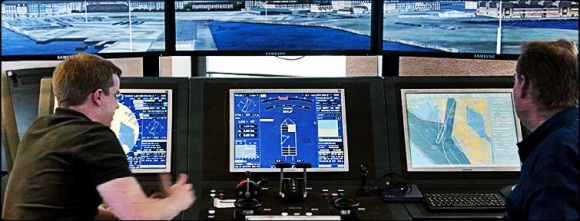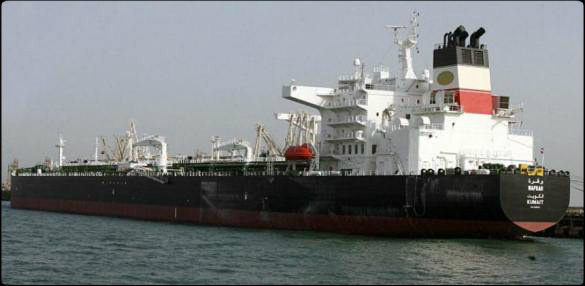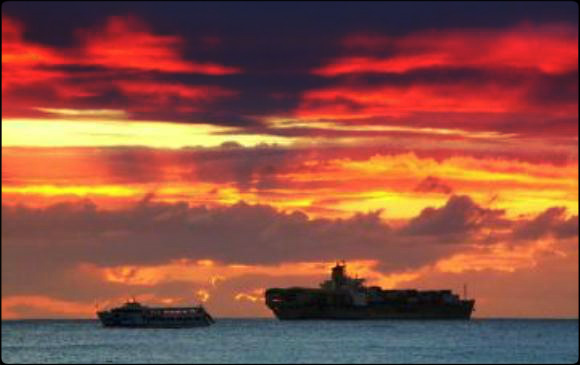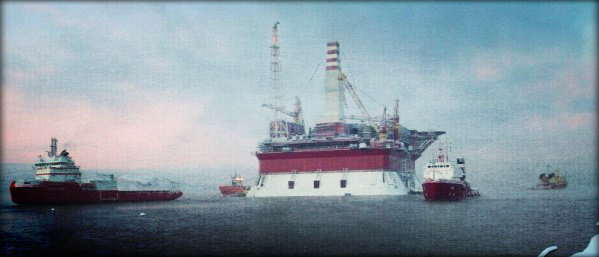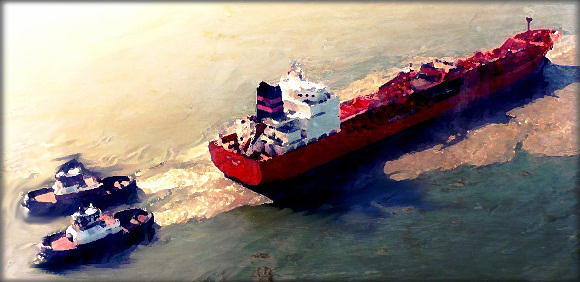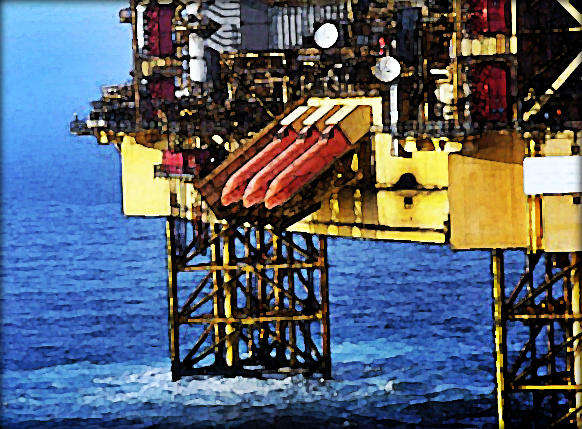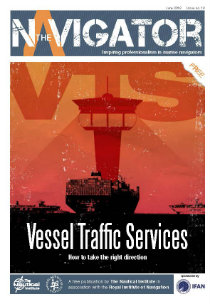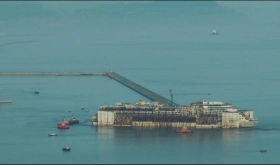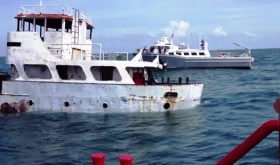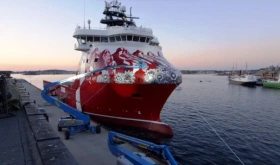Built on the advent of modern electronics, ECDIS is bringing in a whole new level of performance by transferring all chart work elements onto an electronic display screen. This allows the seamless integration of Electronic Navigational Charts (ENC), GPS position fixing and other navigational tools, including radar, echo sounder, AIS and NAVTEX. Multiple functions are made available with just one click on the computer keyboard, a tap on an icon or the use of a mouse. Suddenly, the supporting tools needed to operate paper charts are history.
Piracy in West Africa: A New Model (Unfortunately)?
While piracy attacks seem to be on the decline off the coast of Somalia, pirates may be warming up in West Africa. As I and others have blogged about before, the Gulf of Guinea, as well the Nigerian Delta, have recently turned into hotbeds of piracy. The Nigerian Delta in particular, because of vast amounts of oil production which takes place there annually, has attracted potential pirates interested in seizing oil and selling it for profit on the black market.
Shipping the Final EU Climate Frontier
During the annual United Nations Framework Convention on Climate Change summit, it is worth remembering that there is one huge industry that has so far managed to evade any formalised efforts at emissions reductions. Every industry and transport sector in the European Union has greenhouse-gas emissions reduction measures in place, except for the shipping sector. The EU has established goals on the emissions reductions it wants to achieve from the sector, but seems to have no intention of enacting anything that will bring it anywhere near those goals, anytime soon.
Russia Chooses ‘Soft’ Approach to the Arctic
Recent initiatives in the Arctic Council show that Arctic nations have chosen business as a universal language of rapprochement. Russia’s limited military presence should be viewed as an opportunity to build a safer economic environment without prejudicing the security of anyone.
Incident Information on Grounding due to Temporary Loss of Steering
A number of vessels have reported temporary loss of steering when reducing ship’s speed, which has resulting in unintended changes in the ship’s direction. This incident information refers to a fully loaded tanker approaching port under pilotage, lost steering and grounded. As a result the vessel suffered bottom damage.
Paris MoU Detention Report for General Cargo Ship MV Friendship
MV Friendship was a Maltese Flag General Cargo Ship which was carrying cargo from Cuba to Canada. The vessel was targeted for inspection as it was identified by THETIS as a Priority I for a more detailed inspection in Halifax, Nova Scotia. Canada. The ship was discharging a cargo of Nickel in bags. A team of 3 inspectors from Dartmouth office boarded the ship on July 23, 2011. The vessel was detained on July 25, 2011 for a total of 23 deficiencies of which 6 were serious enough to detain the vessel.
Incident Information on Crankpin Bearing Running Hot
A ship was alongside in port when the main engine was started, and the oil mist detector gave a warning alarm. When opening up the crank case a hot crankpin bearing was found. The crankshaft was found to be seriously damaged in way of one crankpin, causing the vessel to be put off hire for more than a month before resuming operation.
Arctic Drilling Design and Operation Standards
The following information is an extract from PEW recommendations on Arctic Oil Spill Prevention, Response, and Safety in the U.S. Arctic Ocean published during September 2013. The design of the drilling rig, the blowout preventer, or BOP, and cementing practices are all essential to safe drilling operations and accident prevention. Drilling rigs must be designed and operated to meet the Arctic conditions they will encounter. Due to the remote nature of Arctic drilling operations, rigs must be self-sufficient and carry a minimum level of well control materials such as drilling mud, cement, and extra fuel.
How a Launch Test Failure Improved Freefall Lifeboat Safety
A few months ago PSA issued a new journal providing valuable information on some of the most relevant issues and challenges that are being faced by the oil & gas industry in the field of safety. The following information is an extract from PSA’s journal “Dialogue” regarding a freefall lifeboat test on an offshore platform.
Grounding of Oil Tanker Due to Strong Winds at Syros, Greece
A tanker scheduled for Dry Docking in Neorion Shipyards was grounded in the early morning hours of Friday (03:15 LT) in the maritime region of Azolimnos Syros. The Liberian flagged Oil Tanker “ALIAKMON” (L=213,4m / B=32,29m / GRT=35711 t / DWT=61284t) was moored waiting to get in the drydock. Because of the strong winds in the area it was led astray and “stuck” on the rocks.
